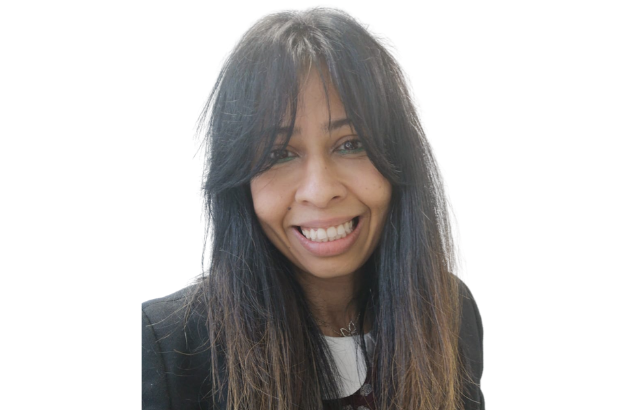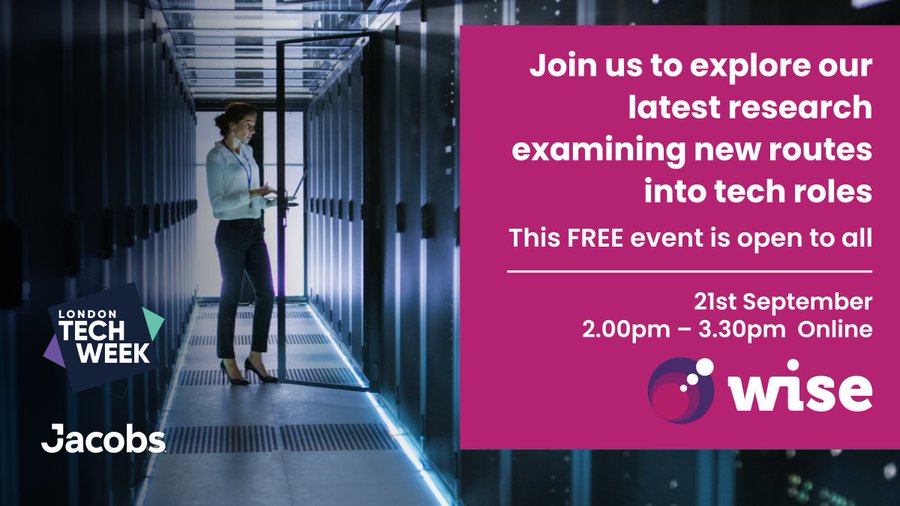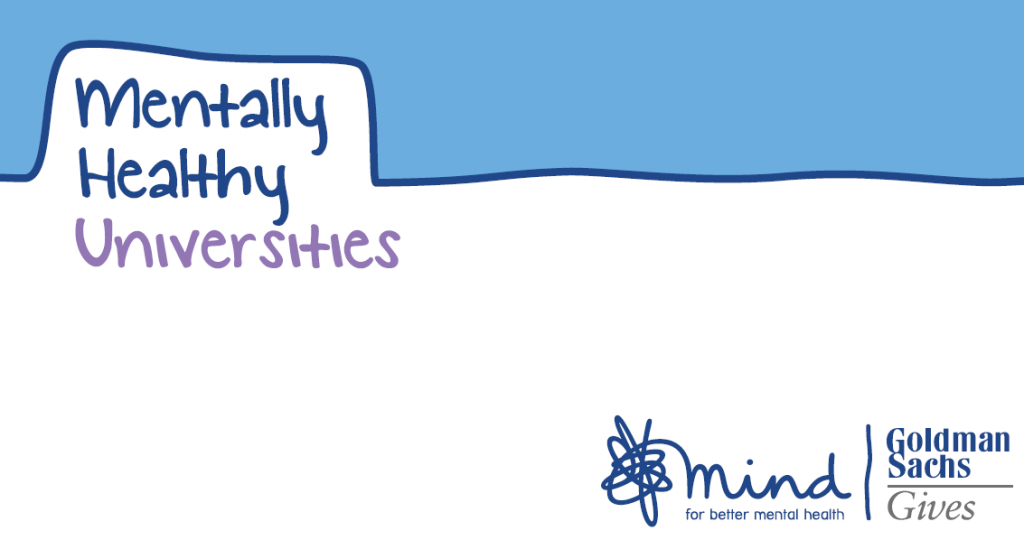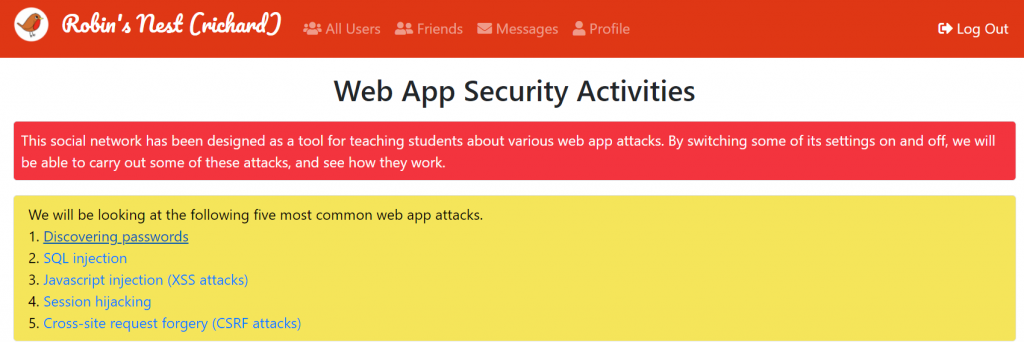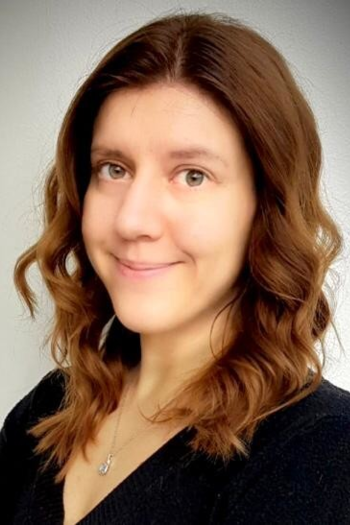Dr. Gokop Goteng, Senior Lecturer at EECS

For this month’s Staff Spotlight, we spoke to Dr. Gokop Goteng, Senior Lecturer at EECS. He told us about his greatest achievement, what he would choose to have if he were stranded on a desert island, and his involvement on the School’s Equalities Committee.
Can you tell us about your current role and about joining Queen Mary?
I am a Senior Lecturer in IoT and Cloud Computing and I teach in the School of Electronic Engineering and Computer Science (EECS) Joint Programme (JP) between QMUL and Beijing University of Posts and Telecommunications (BUPT) in Beijing, China. I teach cloud computing, software engineering and middleware modules and I am the module organiser for the cloud computing and JP Summer School modules. I joined Queen Mary in September 2014.
Why did you pursue your chosen career?
I have pursued a career in academia as it gives me the opportunity to constantly improve on my knowledge and skills and then impart that to my students. Academia gives you the flexibility and freedom to work with researchers and collaborate with the industry.
Who or what inspired your interest in your area of research?
I was inspired to pursue research in the areas of cloud computing and Internet of Things (IoT) after doing my MSc thesis in grid computing. My MSc supervisor encouraged me to do a PhD in grid computing, which enabled me to understand the concept of providing computing resources as services on-demand basis, just as utility companies provide electricity and water as services to customers and be charged only for the amount you have used. Today, grid computing has metamorphosed into what we called cloud computing, in which IT resources are provided via the internet as services without the need to build your own datacentres.
What’s the best thing about your job?
The best thing about my job as a lecturer at Queen Mary is the freedom given to academics to initiate ideas and collaborate with the industry and other researchers to improve learning experience for our students and community.
What is your greatest career or non-career achievement?
My greatest career achievement is winning the first UK Grid Computing competition during my PhD which was organised by the British Computer Society and sponsored by Microsoft and Intel. Part of the prize is to attend the European Microsoft Innovation Conference in Brussel, where I met Bill Gates at the conference.
What are your hobbies outside of work?
I listen to country music and do some exercise outside of work.
If you were stuck on a desert island, what song, book and luxury item would you chose?
I would choose and sing the “Amazing Grace” song by John Newton (1725–1807) if I were stuck on a desert island.
Who would you invite to your dream dinner party?
The homeless in our society.
Can you tell us about your involvement with the EECS Equalities Committee, and what you hope you get out of this?
I was highly honoured and humbled when my colleague, and committee co-chair, Mustafa, invited me to join the EECS Equalities Committee, especially when he mentioned that I am the only black academic staff in EECS. I aim to use my skills in cloud computing and data science to contribute to getting quality data and analysing them as a member of the EECS EDI Data Team so that together we can use this data to suggest better ways and policies that will make Queen Mary a better place for everyone to attend their full potentials, regardless of their race, religion, gender, ethnicity and other affiliations. In addition, I would like to see more BAMEs, especially black minorities recruited as academic and professional staff in EECS.
